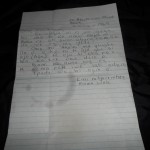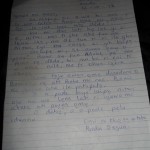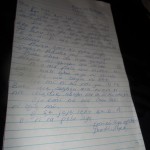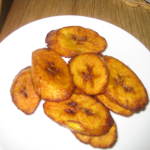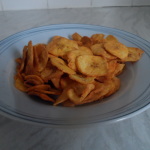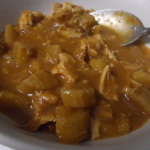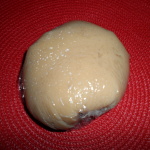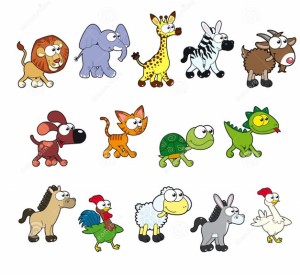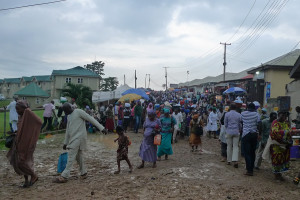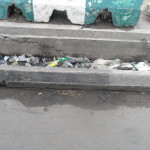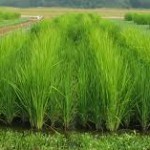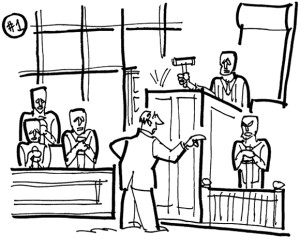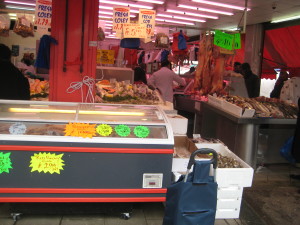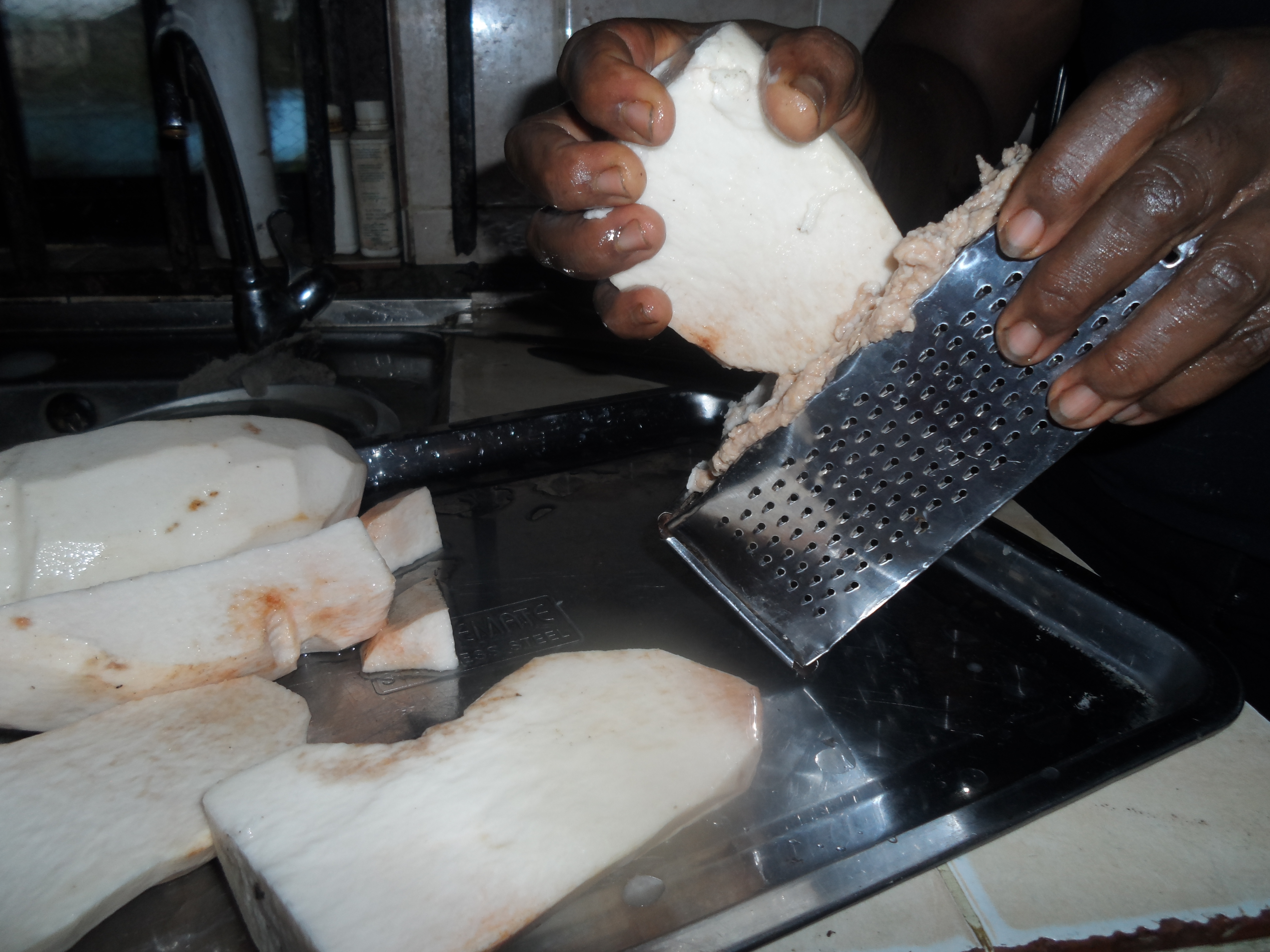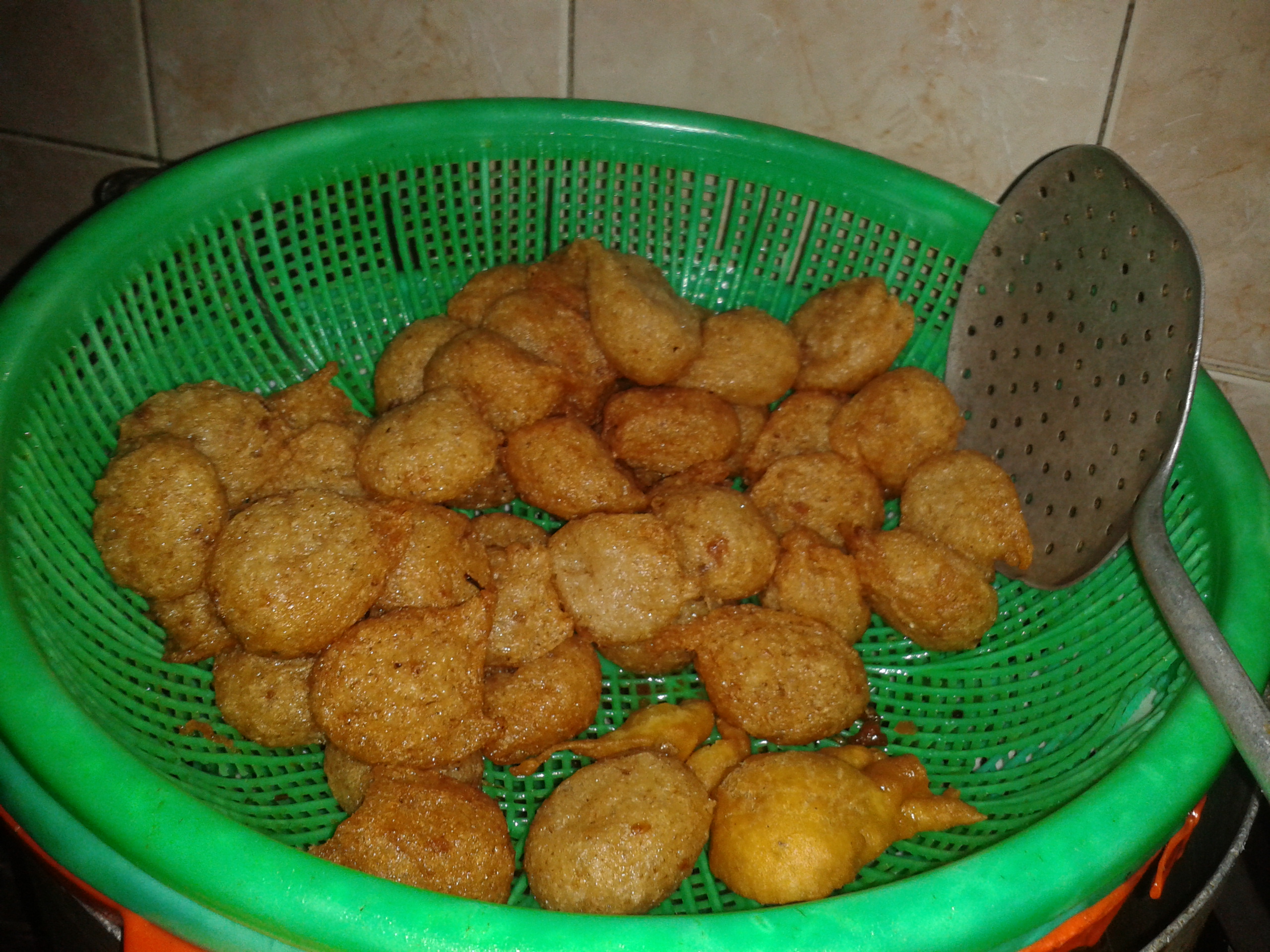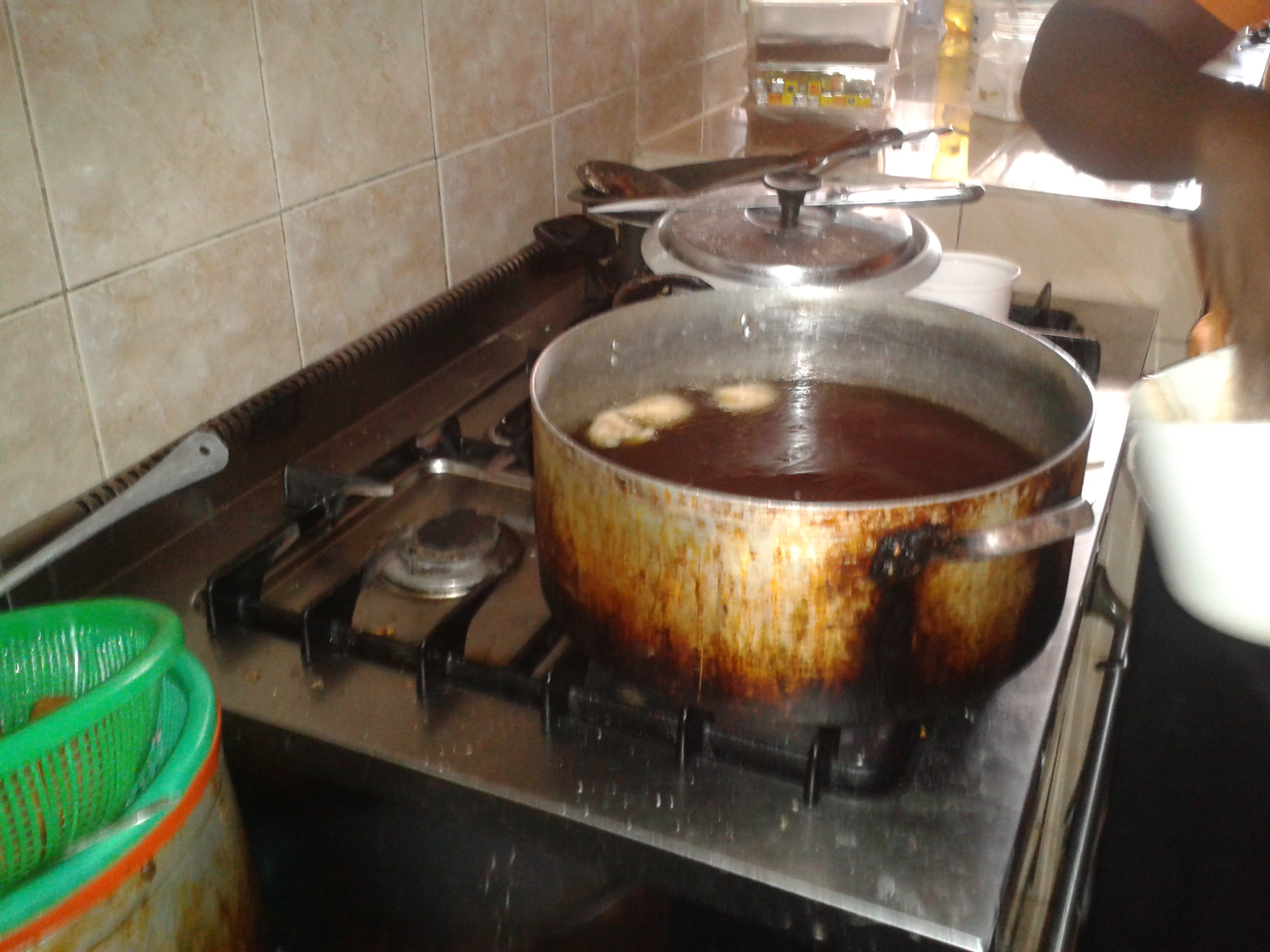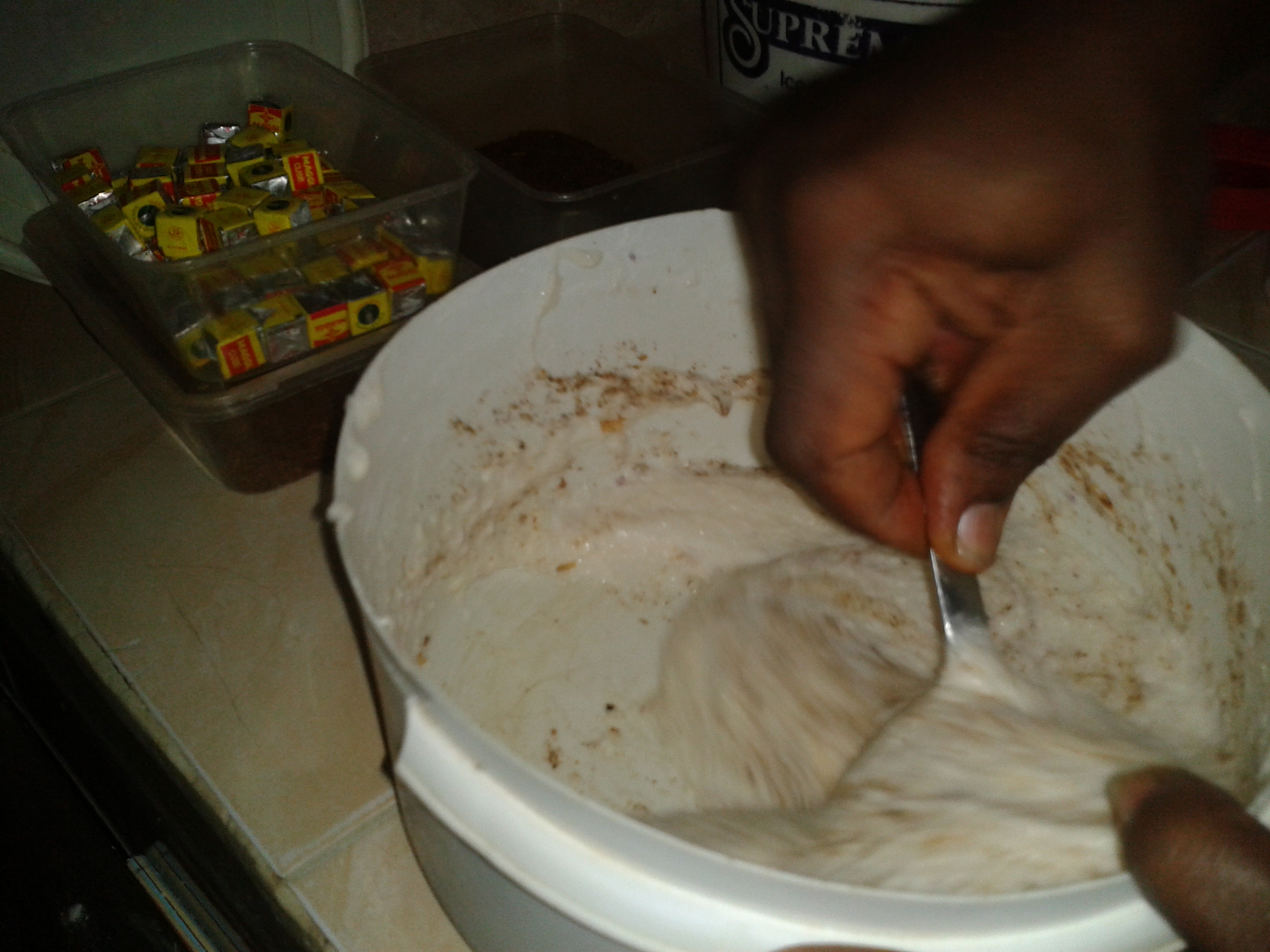Kò si ilú, ẹ̀yà tàbi àwọ̀ ti kò ni ẹni burúkú tàbi ẹni rere. Àti ẹni burúkú àti ẹni rere ló wà ninú ẹbi, ilú, àti gbogbo ẹ̀yà àgbáyé ninú èniyàn dúdú àti funfun, ọkùnrin, obinrin, ọmọdé àti àgbà.
Bi èniyàn bá pàdé ẹni kan tàbi meji ni àkọ́kọ́, ti ó ti ẹ̀yà tàbi ilú kan jade, ti ó si hùwà rere, ni ọ̀pọ̀ igbà, ó wọ́pọ̀ lati rò wi pé gbogbo ará ilú bẹ́ ẹ̀ ló dára, ni ida keji, ti irú ẹni bẹ́ ẹ̀ ba hùwà burúkú, ó wọ́pọ̀ lati rò wi pé gbogbo ẹni ti ó ti irú ẹ̀yà yi jade ni ẹni burúkú.
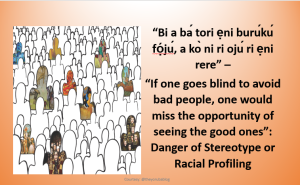
Courtesy: @theyorubablog
Ọ̀pọ̀ igbà, lai pàdé enia ri, ẹlòmiràn lè ni lọ́kàn pe ẹni burúkú tàbi ẹni rere ni ohun pàdé nitori itàn ti ó ti gbọ́. Itàn yi lè nipá lóri irú iwà ti èniyàn yio hu si ẹni ti a bá pàdé. Fún àpẹrẹ, wọn a ni Ìjẹ̀bú fẹ́ràn owó ju ẹmi lọ, Ondó njẹ Ajá, Ọ̀yọ́ ‘ayọ́mọọ́lẹ̀’’, Èkìtì ni agidi, Ìjẹ̀shà – Òṣómàáló’ àti bẹ́ ẹ̀ bẹ́ ẹ̀ lọ. Ki ṣe gbogbo àwọn ará ilú wọnyi ló bá àpèjúwe yi mu.
Ọ̀pọ̀lọpọ̀ ti fọ́jú nitori iwà burúkú ẹni kan tàbi itàn burúkú. Ó wọ́pọ̀ laarin ẹbi ọkùnrin àti obinrin àfẹ́sọ́nà, ki obi kọ̀ ki wọn fẹ́ra nitori itàn pé idilé tàbi ilú ti ikan ninú ọkùnrin tàbi obinrin ti jade kò dára. Lára ewu ti ó wà ninú ki èniyàn tori ẹni burúkú fọ́jú, ọ̀pọ̀ ti tàsé iyàwó tàbi ọkọ rere lai farabalẹ̀ wo iwà ẹni ti ọmọ wọn mú wálé tàbi tàsé ẹni rere. Nitori òwe Yorùbá ti ó sọ pé “Bi a bá tori Ẹni burúkú fọ́jú, a kò ni ri ojú ri ẹni rere”, ó yẹ ki a farabalẹ̀ wo iwà ẹni ti a bá pàdé ju ki itàn tàbi iwà awọn diẹ ba gbogbo ẹni ti ó bá ti ẹbi, ilú tàbi ẹ̀yà kan jẹ́, ki á lè ri ojú ri ẹni rere.
ENGLISH TRANSLATION
There is no ethnic group or race without the bad and the good people. Both the bad and good people exist in a family, towns and in all the nations of the world, either black or white, male, female, young and old.
At first meeting, if a person meets one or two people from the same ethnicity or town that behaved well, most times, it is common to assume that people from such places are good, on the other hand, if such person should behave wickedly, it is also common to think that people from their ethnicity are all bad.
Most times, without prior meeting, some are biased in determining whether the person is good or bad as a result of stories heard. The story could influence the kind of character displayed at reception. For example there are stereotype that Ijebu people value money than life, Ondo people love eating dogs, Oyo people are sneaky, Ekiti are very stubborn, Ijesha would not give their debtors breathing space etc.
Many have literarily gone blind because of one or two bad people or bad stories. It is common for a marriage proposal to be rejected by the would-be bride or groom’s parents as a result of stories that either the family or people from such ethnic group are bad. Part of the danger of profiling a group or going blind to avoid bad people, has caused many to miss a good wife or husband as a result of not being patient to study the character of the person involved. As a result of the Yoruba proverb that said “If one goes blind to avoid bad people, one would miss the opportunity of seeing the good ones”, it is important to patiently observe the character of anyone met rather than relying on preconceived stereotype or bad action of few to judge a family, town or race, in order to notice the good ones.
Originally posted 2015-11-03 21:19:40. Republished by Blog Post Promoter




